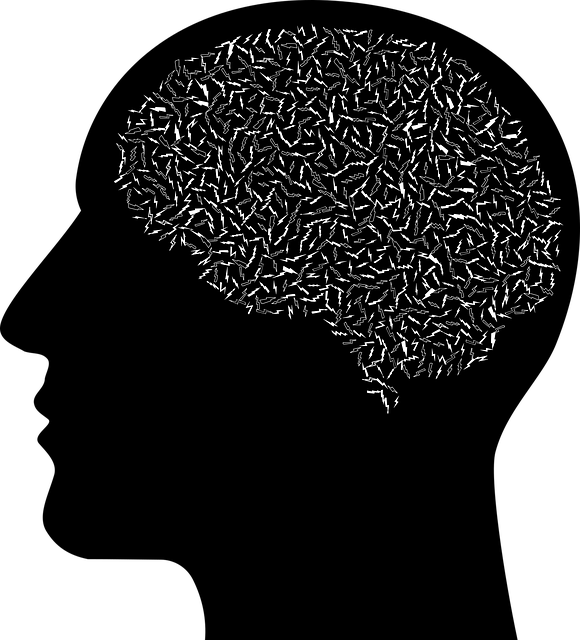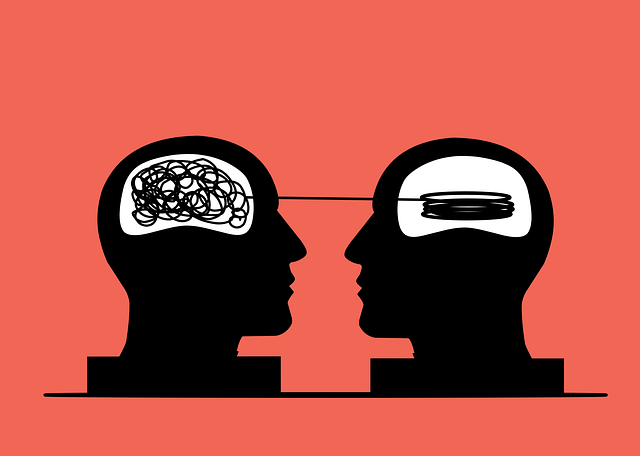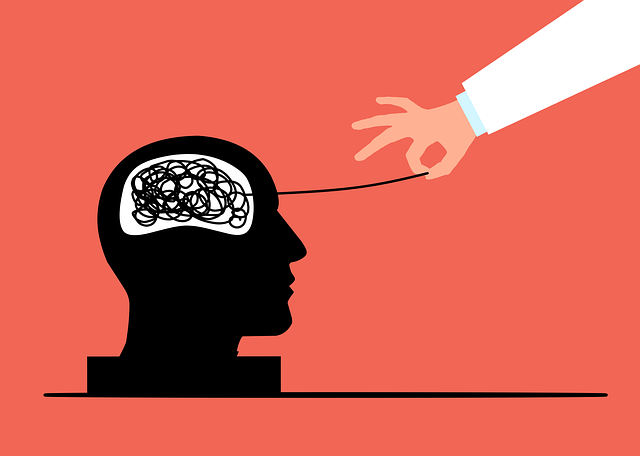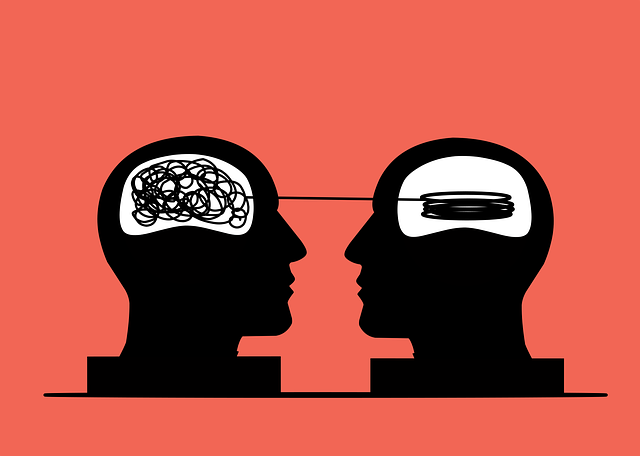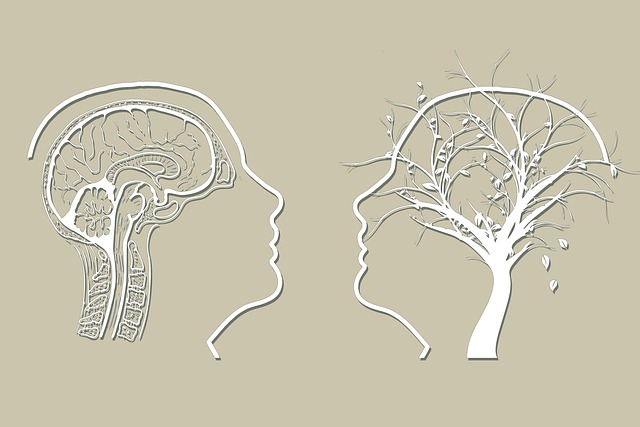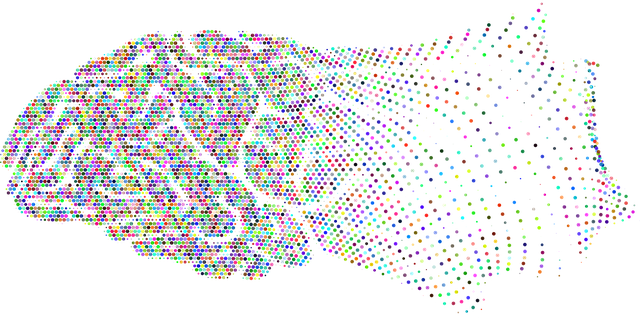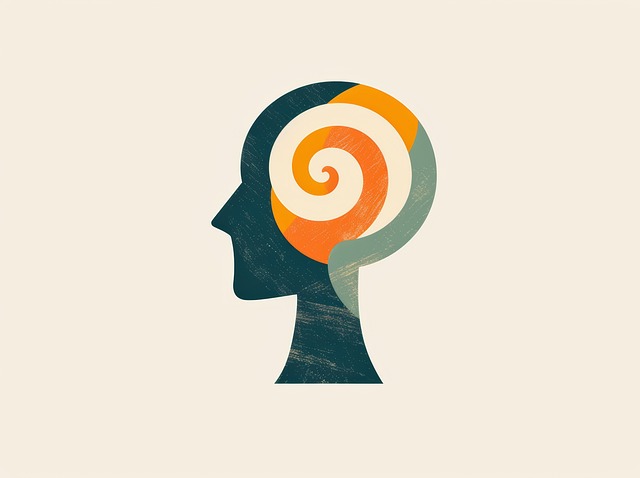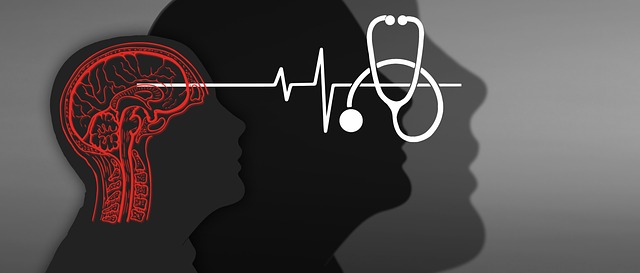Lafayette Abuse Survivors Therapy (LAST) focuses on trauma-informed care, teaching survivors how to manage and stabilize their moods through evidence-based practices like cognitive behavioral therapy, mindfulness, and crisis intervention. By addressing the emotional aftermath of abuse, LAST empowers clients to break free from distressing patterns, challenge mental illness stigma, and develop healthier coping mechanisms. Their holistic approach includes education programs, self-awareness exercises, and personalized therapy sessions that foster resilience and overall emotional well-being.
Mood regulation strategies are essential tools for personal growth, especially for those who have experienced trauma. This article explores the intricate relationship between emotional well-being and survival techniques, offering insights into how individuals can reclaim their lives post-trauma. We delve into understanding mood regulation as a healing process, examining its impact on survivors. Through an in-depth look at Lafayette Abuse Survivors Therapy, we unveil effective strategies to manage and stabilize moods, fostering empowerment and balance.
- Understanding Mood Regulation: A Necessary Skill for Healing
- The Impact of Trauma on Emotional Well-being
- Effective Strategies for Managing and Stabilizing Mood
- Lafayette Abuse Survivors Therapy: A Pathway to Empowerment and Balance
Understanding Mood Regulation: A Necessary Skill for Healing

Understanding mood regulation is a crucial step in the journey towards healing, especially for those who have experienced trauma or abuse, such as Lafayette Abuse Survivors Therapy clients. Mood regulation strategies empower individuals to navigate their emotional landscapes effectively, fostering a sense of control and resilience. By learning to recognize and manage their moods, survivors can break free from cycles of distress and promote emotional well-being.
This process involves developing healthy coping mechanisms and challenging unhelpful thought patterns often associated with mental illness stigma reduction efforts. Emotional well-being promotion techniques, like mindfulness and cognitive behavioral therapy, offer valuable tools for crisis intervention guidance. Through these methods, survivors can learn to respond to their emotions rather than reacting impulsively, fostering a more balanced state of mind.
The Impact of Trauma on Emotional Well-being

Trauma can significantly impact an individual’s emotional well-being, often leading to complex mental health challenges. Lafayette Abuse Survivors Therapy (LAST) recognizes that many survivors struggle with regulating their moods due to past traumatic experiences. These experiences can create a constant state of heightened arousal and hypervigilance, making it difficult for individuals to manage their emotions effectively. The impact of trauma extends beyond the initial event; it can manifest as chronic anxiety, depression, and difficulty processing and expressing feelings, affecting overall mental wellness.
Understanding these effects is crucial in developing strategies for emotional healing. LAST emphasizes that self-awareness exercises and therapy play a pivotal role in helping survivors process their trauma and gain control over their emotional responses. By fostering self-awareness, individuals can learn to recognize triggers, manage anxiety relief, and develop healthier coping mechanisms, ultimately enhancing their ability to navigate life’s challenges with greater resilience and improved mental wellness.
Effective Strategies for Managing and Stabilizing Mood

Managing and stabilizing mood is a crucial aspect of emotional well-being, especially for individuals who have experienced trauma or abuse. Lafayette Abuse Survivors Therapy (LAST) offers a range of effective strategies tailored to meet the unique needs of survivors. One key approach involves Healthcare Provider Cultural Competency Training, ensuring that therapists are equipped with the knowledge and skills to address the complex emotional healing processes of diverse clients.
Through Mental Health Education Programs Design, LAST empowers individuals to understand their mood fluctuations and equip them with tools for self-regulation. This includes teaching mindfulness techniques, cognitive reframing, and healthy coping mechanisms. By integrating these practices into daily life, survivors can effectively navigate their emotional landscapes, fostering stability and resilience over time.
Lafayette Abuse Survivors Therapy: A Pathway to Empowerment and Balance

Lafayette Abuse Survivors Therapy (LAST) offers a unique and powerful approach to healing and empowerment for individuals who have experienced abuse. This therapeutic model recognizes that trauma can significantly impact an individual’s ability to regulate their mood, often leading to emotional instability and difficulty managing stress. LAST provides specialized support by combining evidence-based practices with a deep understanding of the survivors’ journeys.
Through personalized therapy sessions, clients are guided to develop effective coping strategies tailored to their needs. This includes incorporating mindfulness meditation techniques to promote present-moment awareness and emotional regulation. Additionally, Mental Wellness Journaling Exercises offer a safe space for individuals to process their experiences, track moods, and identify patterns, fostering self-awareness and personal growth. The program’s holistic nature ensures that survivors gain the tools and confidence needed to navigate their mental health journey with balance and resilience. Furthermore, LAST encourages risk assessment for mental health professionals, ensuring a supportive and secure environment for all participants.
Mood regulation is a powerful tool for healing, especially for those who have experienced trauma. By understanding the impact of trauma on emotional well-being and employing effective strategies like those offered by Lafayette Abuse Survivors Therapy, individuals can gain control over their moods and foster balance in their lives. This journey towards emotional stability is a critical step towards empowerment and overall well-being.


